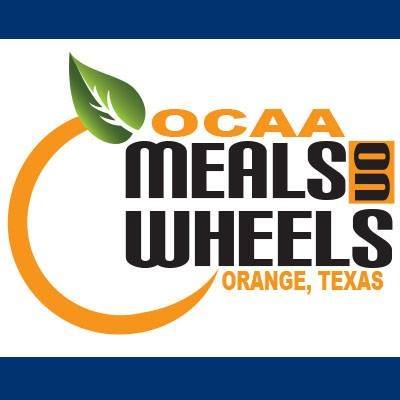Federal grant helps provide for senior citizen meals
Published 11:35 am Saturday, March 28, 2020
|
Getting your Trinity Audio player ready...
|
By Dawn Burleigh
The Orange Leader
Governor Greg Abbott announced, on Wednesday, Texas has received a $16.2 million grant from the Department of Health and Human Services’ (HHS) Administration for Community Living (ACL) to help communities provide meals for older adults.
The grant was part of a $250 million dollar outlay authorized by the Families First Coronavirus Response Act, signed into law by President Trump on March 18, 2020. Originally created by the Older Americans Act (OAA) of 1965, these programs provide meals to more than 2.4 million older adults nationwide each year, both through home delivery and in places like community centers.
“This grant is especially timely given the disproportionately high toll that COVID-19 has been taking on seniors around the world,” said Governor Abbott. “As social distancing measures increasingly and appropriately limit people’s social mobility, it is imperative that alternate means for feeding our state’s elderly like Meals on Wheels receive additional resources to handle the growing need.”
Texas will receive its proportional grant, $16,205,796, second only to California ($25 million) and Florida ($18 million) this week for further distribution to local meal providers.
Orange Community Action Association (OCAA) Interim Executive Director Karen Y. Stevens said the organization is unaware, at this time, how much it will receive.
“Once we know how much, we can go forward with how it will impact our area,” Stevens said in a telephone interview.
OCAA Meals on Wheels provides meals for senior citizens at the Essie L. Bellfield Orange Community Center located at 103 North 5th Street in Orange and also delivers meals to homebound seniors.
In an effort to help prevent the spread of COVID-19, the service has had to make some changes in its routine.
While some seniors are still visiting the center to eat, the staff and volunteers ensure everyone sits six feet apart.
“We normally make homebound deliveries with a hot meal every day,” Stevens said.
Currently, drivers make a delivery on Mondays and Wednesdays.
“They take a hot meal and a frozen meal on Monday,” Stevens said. “On Wednesdays. They take a hot meal and two frozen meals. They wear gloves and don’t go in the residence to minimize contact.”
Sometimes the only interaction with the outside world is Meals on Wheels.
“The drivers call them on Friday to touch base with them and ask how they are doing,” Stevens said. “We have to cut back on physical contact, but they still need that interaction.”
The program covers seniors in the city limits as well as in Little Cypress and Pinehurst.
The Families First Coronavirus Response Act, signed into law by President Trump on March 18, 2020, provided the additional funding for the nutrition services programs authorized by the Older Americans Act (OAA) of 1965. These programs provide meals to more than 2.4 million older adults each year, both through home delivery and in places like community centers. The need for these services, particularly home-delivered and packaged meals, has increased as community measures to slow transmission of COVID-19 have closed meal sites and have left many family caregivers unable to assist their older loved ones.
“The Trump Administration recognizes that the measures needed to protect older Americans from the serious threat of COVID-19 have been disruptive for many of our most vulnerable,” said Department of Health and Human Services (HHS) Secretary Alex Azar. “Getting more funds to community organizations that deliver meals to older adults, such as Meals on Wheels, is another example of the Trump Administration’s whole-of-government, whole-of-America approach to combating the COVID-19 pandemic.”
In addition to meals, Older Americans Act programs provide a wide range of services, such as help with bathing and dressing, rides to doctors’ offices, education on managing chronic illnesses, support for family caregivers, and much more. Provided by a network of community-based organizations, such as Area Agencies on Aging, local community and senior centers, faith-based organizations, and other non-profit service providers, these programs work together to help millions of older adults each year stay healthy and continue living independently.
“The network of community-based organizations that provide Older Americans Act services has an exceptional capacity to coordinate services, bring together service providers, and adapt to overcome challenges, and they are employing innovative solutions to continue meal services,” said ACL Administrator Lance Robertson. “This additional funding will help communities across the country provide older adults, especially those at greatest risk, with the healthy meals they need.”
Funding has been provided to states, territories, and tribes for subsequent allocation to local meal providers. Grant amounts are determined based on the population-based formulas defined in the Older Americans Act.
Older adults who need assistance can contact the Eldercare Locator to find services available in their community. The Eldercare Locator can be reached at 1-800-677-1116 or https://eldercare.acl.gov/.






